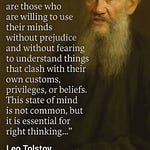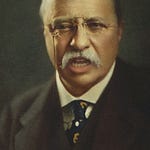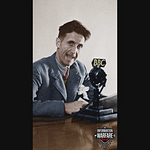Hello, I am George Orwell. Let me share with you a term I first introduced in an essay published in 1945: "Cold War." It describes a state of perpetual tension and hostility between major powers that stops short of open warfare—a battle fought with influence, ideology, and proxy conflicts rather than direct confrontation. When I coined this term, I observed the emergence of a world divided. The devastating power of atomic bombs had fundamentally altered the calculus of war. With weapons so destructive, direct conflict between great powers seemed unthinkable, but their rivalries did not fade. Instead, they shifted to a subtler, more insidious form of warfare. The Cold War, as I foresaw, would not be fought with guns and tanks alone but with propaganda, alliances, and indirect conflicts—each side seeking to expand its influence without sparking total annihilation. This tension defined the latter half of the 20th century. Proxy wars in Vietnam, Korea, and Afghanistan became battlegrounds where the United States and the Soviet Union fought not directly, but through other nations, each vying for global dominance. It was a stalemate of ideologies—democracy versus communism—each side bound by its commitments to allies, its principles, and the awareness that breaking those commitments could alter the fragile balance of power.
Playback speed
×
Share post
Share post at current time
Share from 0:00
0:00
/
0:00
Transcript
Timeless Quotes: A Journey Through Enduring Wisdom (private feed for hase@peachwiz.com)
Timeless Quotes: A Journey Through Enduring Wisdom (private feed for hase@peachwiz.com)
Timeless Quotes: A Journey Through Enduring Wisdom (private feed for hase@peachwiz.com)Listen on
Substack App
Spotify
RSS Feed
Recent Episodes










